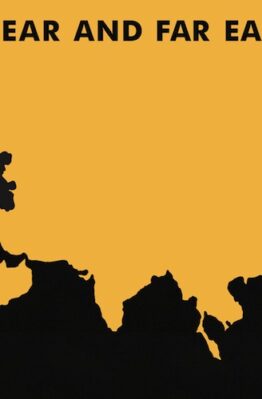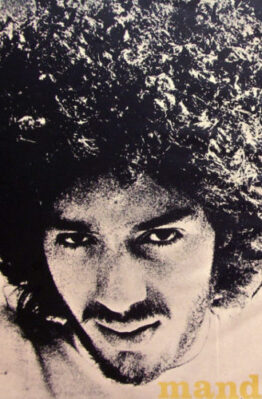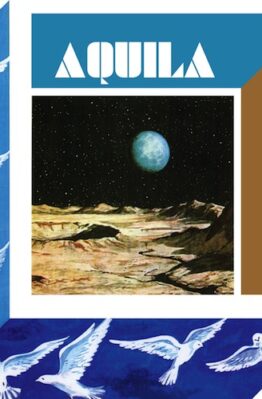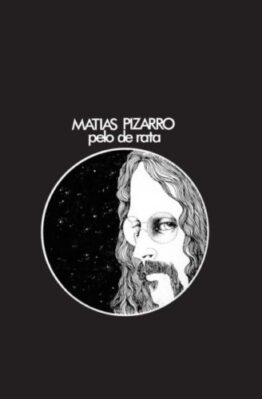Description
Cat#:
Format: Heavy weight LP / ∫∫01LP [SOLD OUT]
ARTIST: STEVE KUHN
TITLE: STEVE KUHN
Originally released as: Buddah BDS 5098 (1971, US)
JAN: 4560312319369
Lineup:
Arranged by Gary McFarland, Steve Kuhn
Ron Carter (bass)
Billy Cobham (drums)
Airto Moreira (percussions)
Steve Kuhn (piano, vocal)
Tracks
A1. Pearlie’s Swine 5:29
A2. Silver 4:39
A3. Time To Go 3:22
A4. The Heat Of The Moment 1:54
B1. The Baby 4:47
B2. Hold Out Your Hand 3:13
B3. The Meaning Of Love 2:55
B4. Ulla 4:23
Notes
It’s among the hardest of Kuhn’s albums to find so this reissue is most welcome. Luxuriate in the glow of Kuhn’s Fender Rhodes and the pliant funky bass of Ron Carter; immerse yourself in the percussive interplay of Moreira and Cobham, a pairing that has rarely sounded so good. This is such an exquisite album; you will lose yourself in its delicate power and find yourself coming back to it again and again.
Steve Kuhn started out early – at the age of five to be precise. From an early age, he was a talent on the piano, starting to play gigs as a teenager around Boston with such luminaries as Chet Baker and Coleman Hawkins. Heavy chops for someone so young! After graduating from Harvard he attended the Lenox School of Music where he established close links with a number of leading jazz musicians, composers and arrangers including Don Cherry, Ornette Coleman and, significantly, Gary McFarland. Indeed, the earliest recording of Kuhn features him playing alongside Coleman and Cherry in a group under the direction of John Lewis and Max Roach at a concert recorded at Lenox in August 1959. This was no lucky accident. As well as Roach and Lewis, the musical faculty at Lenox also included such heavyweights as Bill Evans, George Russell and Gunter Schuller, exposing Kuhn to some of the most progressive and creative innovators in jazz arrangement and composition. This solid foundation enabled him to become a member of the Kenny Dorham group and, briefly, the John Coltrane Quartet alongside Steve Davis and Pete LaRoca. Although Kuhn’s tenure with Trane did not last long (he was replaced by McCoy Tyner), recordings do exist of this most fleeting of unions, including a private recording taped at New York’s Jazz Gallery in 1960 featuring the Coltrane classic ‘Equinox’.
This was a significant launch pad for Kuhn who, over the coming decade or so, would go on to work with a broad range of artists including Stan Getz, Art Farmer, Oliver Nelson, Ron Carter, Scott LaFaro, Shelia Jordan, Karin Krog and Miroslav Vitous.
Kuhn’s debut under his own name was ‘Three Waves’ (Contact, 1966) with Steve Swallow and Pete La Roca. This was followed by an album with his old Lenox colleague, Gary McFarland, ‘The October Suite’ (Impulse, 1967), recorded with an ensemble which included strings, woodwinds, and reeds. The session further cemented their close relationship, a partnership that would bear fruit in Kuhn’s eponymous 1971 album for Buddah Records featuring a killer band: Kuhn alongside Ron Carter, Billy Cobham and Airto Moreira. The album was written and recorded after Kuhn returned from living in Sweden for a number of years in the wake of his break up with Swedish jazz singer Monica Zetterlund.
The album features the group playing Gary McFarland arrangements of Kuhn’s compositions, accompanied by a string section on several tracks, with Kuhn delivering stream of consciousness lyrics in an unplanned and largely improvised fashion in the studio. However, that wasn’t the only surprising aspect to the session. Airto Moreira’s appearance was more by chance than design, he having just popped by the studio, again, unplanned. The ‘Steve Kuhn’ album is all the stronger for these extemporaneous and serendipitous elements and showcases a band at the top of their game; tight and funky yet relaxed and flowing like molten gold, with stabs and washes of keyboard from Kuhn. Splashes of free playing enter the session, but the band never stray too far from a melodic and harmonious centre of gravity. Kuhn’s deft keyboard skills provide melodic embroidery to the impressive rhythmic textures and tonal colours of Carter, Cobham and Moreira. As if the music wasn’t enough, the album is given extra significance by the fact that, within a few months of the recording, McFarland would die after being mysteriously poisoned by methadone in a New York bar. In a sense, it is a valedictory album from McFarland, channeled by Kuhn and the band.
It’s among the hardest of Kuhn’s albums to find so this reissue is most welcome. Luxuriate in the glow of Kuhn’s Fender Rhodes and the pliant funky bass of Ron Carter; immerse yourself in the percussive interplay of Moreira and Cobham, a pairing that has rarely sounded so good. This is such an exquisite album; you will lose yourself in its delicate power and find yourself coming back to it again and again. – Text [C] Tony Higgins
![Import LP - ∫∫01 - S/T - Steve Kuhn [SOLD OUT]](https://alborejazz.com/wordpress/wp-content/uploads/2017/09/ss01-e1589262364500.jpg)



